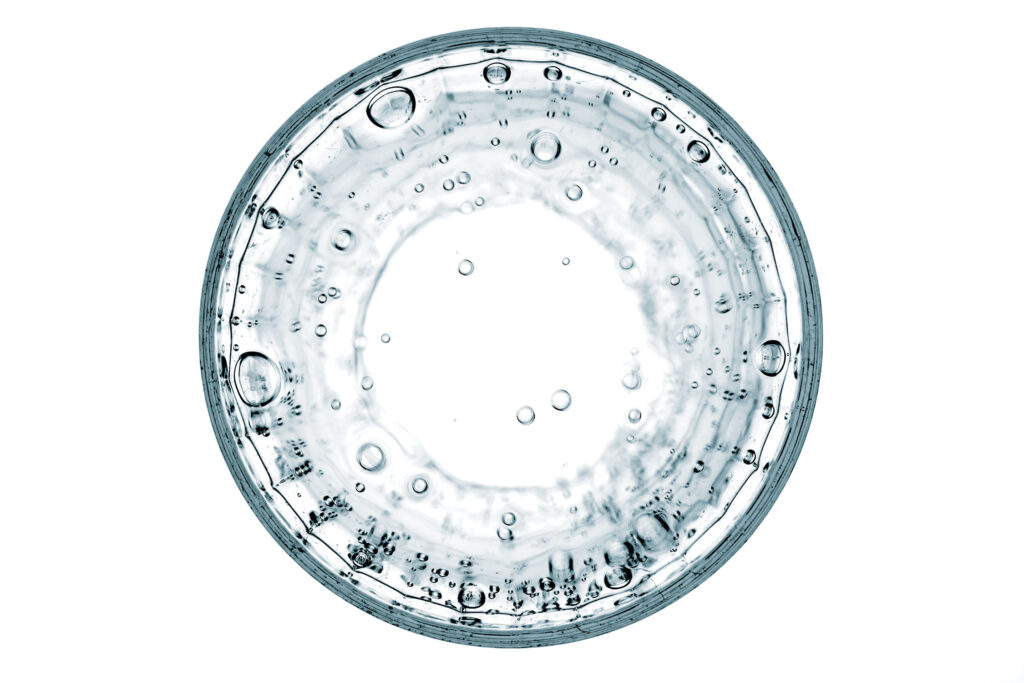Advertisement
Bye Bye Bloating! Farewell Flatulence!
5 simple steps toward digestive freedom

If you’re one of the 20 million Canadians who experiences digestive symptoms such as gas, bloating, diarrhea, constipation, abdominal pain, acid reflux, and nausea, you’ll understand the profound adverse effects these symptoms can have on quality of life. Even beyond discomfort and embarrassment, chronic digestive complaints can contribute to downstream effects such as nutrient malabsorption, osteoporosis, skin complaints, and fatigue. The good news is that there are many ways to improve your digestion naturally, and they’re mostly free!
Advertisement
Like Mama always said: Say thank you and chew your food
You might have heard the phrase “rest and digest.” It turns out that eating on the go has a negative effect on digestion! Proper digestion involves our parasympathetic nervous system, which is fired up when we’re relaxed.
Two ways of promoting a relaxed state at mealtime include finding a calm location where you can be still and focusing on gratitude. It turns out that expressing gratitude before a meal may actually improve your digestion by activating your parasympathetic nervous system.
Advertisement
Take a break from inflammatory foods
Sugar, refined grains, and alcohol are all too prevalent in the Western diet and can promote inflammation and wreak havoc on digestion. While an obvious reaction to these foods may be unknown, many people will see improvements in their digestion and overall health if they reduce or eliminate them from their diet. Often, even a temporary break can reduce inflammation and promote healing of digestive tissues, which reduces digestive symptoms and seemingly non-related symptoms such as pain and fatigue.
Advertisement
Drink plenty of water— just not with your meal
We’ve all heard that we should drink more water. For the most part, drinking water throughout the day can improve your digestion, as it helps promote regular and complete bowel movements. However, when it comes to mealtime, put the water away and let that stomach acid do its job.
Drinking fluids with meals can dilute stomach acid, increasing its pH and decreasing its ability to break down our food. Chronically low stomach acid is thought to lead to malabsorption of nutrients, including calcium and iron. Furthermore, disruption in stomach acidity levels can feed pathogenic bacteria, aggravating digestive symptoms.
Advertisement
Embrace fermented foods
An adequate quantity and diversity of healthy bacteria in our intestines is vital for keeping pathogenic bacteria in check and promoting normal digestion. Probiotic supplements can help restore a healthy balance, but they often contain only a few strains out of hundreds of species of bacteria.
Fermented foods, including sauerkraut and kimchi, deliver a broad variety of bacteria to help diversify the microbiome. Including them in the diet helps promote healthy digestion and provides numerous other health benefits.
Advertisement
Get a proper evaluation
If you have digestive complaints that are not easily managed with the steps listed here, or if your symptoms have persisted for years, it might be time to see a health professional and have a proper evaluation.
Potential underlying causes of chronic digestive symptoms such as diarrhea, constipation, and reflux include sluggish thyroid; structural problems (including a hiatal hernia); food sensitivities; autoimmune disease; or an overgrowth of yeast, parasites, or bacteria. Proper diagnosis and treatment may resolve the issue for good.
Eat slowly and don’t forget to chew!
Chewing our food thoroughly helps the amylase in our saliva begin the process of digesting starch and eases the burden on our stomach. Another benefit of chewing well is that it helps us to identify when we are full so we’re less likely to overeat.
4 must-have digestive aids for your medicine cabinet
Remember to always check with your health care practitioner before trying a new supplement to ensure it’s right for you.
Peppermint
Available as a tea or encapsulated oil, peppermint has been shown to be effective in resolving symptoms such as gas, bloating, and diarrhea. However, be mindful that it can worsen acid reflux in some.
Psyllium husk
Psyllium is a great source of soluble fibre that can be used to normalize irregular stools due to constipation, diarrhea, or irritable bowel syndrome.
Digestive enzymes
A wide variety of digestive enzymes are available. Taking them before a meal may aid in breakdown and absorption of our food, which can prevent gas and bloating.
Deglycyrrhizinated licorice (DGL)
DGL in chewable tablets or lozenges can be soothing and supportive to the tissues of the stomach. It is commonly used for treatment of indigestion, acid reflux, and stomach ulcers.





